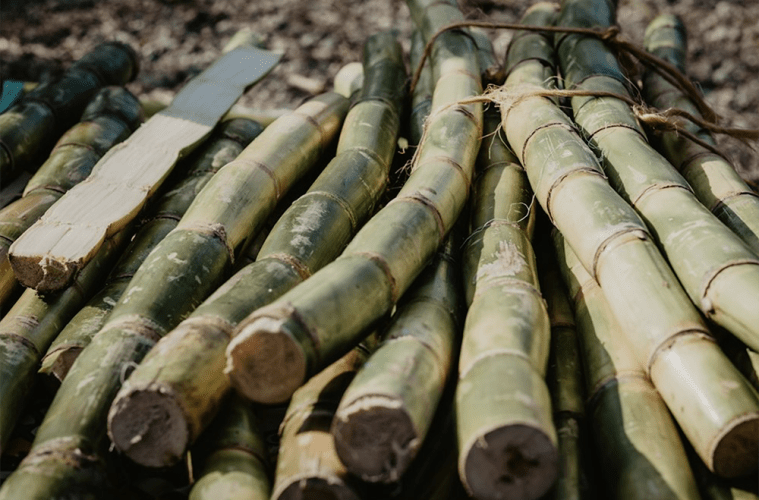With consumption steadily increasing, sugar has become a strategic issue for global producers, even prompting Gulf countries to import raw materials for processing, resale, and market positioning.
In his book titled “Sugar Geopolitics,” Sébastien Abis, a researcher at the Institute of International and Strategic Relations (IRIS), explains the power acquired by this basic commodity and the need for France to rearm itself in agro-industrial terms.
Omnipresent in the food industry and accessible to disadvantaged populations, this flagship product supports the agricultural sector, mainly sugar production from sugarcane (80%), with the rest produced from beets. Sugarcane is also gaining ground because it allows for a shift away from oil by producing biofuel: in Brazil, half of the vehicle fleet uses this energy source.
About ten countries account for 75% of global production. Brazil ranks first, followed by Thailand, then India, whose production is hampered by climate events and rapid population growth, sometimes requiring it to reserve its production for domestic consumption.
Beet also has its advantages, allowing for the production of sugar as well as biofuels, hand sanitizers, cosmetics, or pharmaceuticals. Europe, which cultivates it, must realize the strategic importance of maintaining its production capacity, especially in the face of Russia, also a beet cultivator, which aims to conquer the “sugar planet.”
Producing sugar means being a key player in the global economy and, undoubtedly, preserving one’s food and energy sovereignty.
Source: France24 Economic Intelligence




